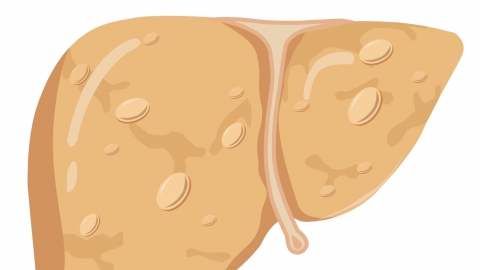What does intrahepatic hemangioma mean?
Generally, intrahepatic hemangiomas are benign liver tumors composed of abnormally proliferating blood vessels. A detailed analysis is as follows:

Intrahepatic hemangioma is a common type of benign liver tumor, mostly caused by congenital vascular developmental abnormalities, although a few cases may also be related to acquired factors such as hormonal stimulation or liver injury. It is primarily composed of dilated abnormal blood vessels, with blood-filled vascular cavities of varying sizes within the tumor. Most patients do not exhibit obvious symptoms in the early stages and often incidentally discover the condition during routine physical examinations involving liver ultrasound, CT, or MRI scans. Some larger intrahepatic hemangiomas may compress surrounding liver tissue or bile ducts, causing upper abdominal discomfort, bloating, abdominal pain, and other symptoms. In rare cases, there is a risk of rupture and bleeding.
Intrahepatic hemangioma is a common benign tumor of the liver, and most patients do not experience significant symptoms. Asymptomatic patients may only require monitoring, whereas patients with symptoms or larger tumors should seek timely medical attention and follow medical advice to select appropriate treatment options.






